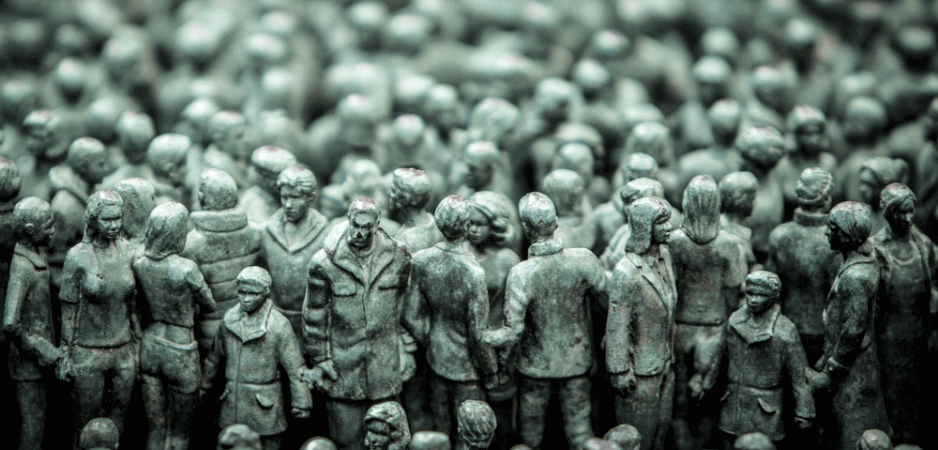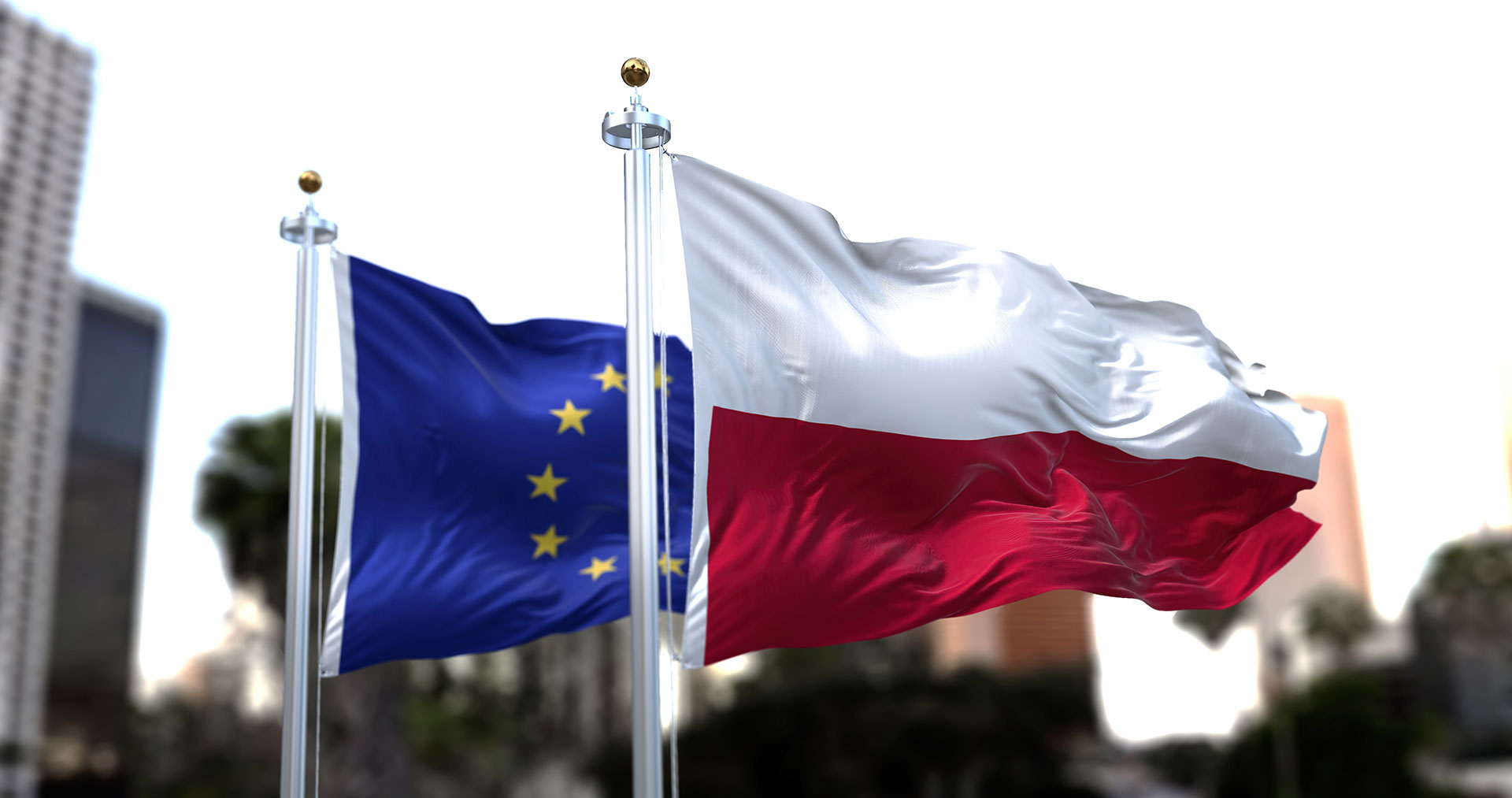Norway’s politicians have not dealt with or intervened to undermine the racist ideology that made Anders Behring Breivik’s 2011 attacks possible.
In July, Norway remembered the victims of the Utøya and Oslo attacks of 2011. A temporary memorial was unveiled with the names of those killed. The attacks have had an enormous impact on a country with only 5 million inhabitants.
On July 22, 2011, 77 people lost their lives at the hands of a Norwegian right-wing extremist, Anders Behring Breivik. Most of the victims were young Labor Party (Arbeiderpartiet, AP) activists and youth politicians who were gathered at Utøya for their annual summer camp. The tragedy left a massive gap not only for their families, but also local communities and Norwegian politics.
We will never find out what would have happened if those killed at Utøya had lived and been able to pursue their careers and make their mark on Norway’s political scene. It is possible that they might have been able to steer the AP onto a different path, away from a right-wing, anti-immigrant neoliberalism that has marked the party’s recent history. As I have previously argued, the AP has done its best to keep up with the radical right, making it difficult for the electorate to see the difference between itself and established right-wing parties.
Eradicating Hatred
After the attacks, then-AP Prime Minister Jens Stoltenberg promised to counter hatred with more tolerance, openness and love. A single terrorist was not going to be allowed to change Norway’s way of life — a liberal criminal justice system, tolerance and openness, with easy access to politicians and public buildings, was to be the response.
In the seven years since the massacre, much has moved in a negative direction. AP politicians, despite being the target of hatred, need to share responsibility with other political parties. Despite the promises made by the prime minister in 2011, there has never been a collective political strategy to come to terms with the fact that Norwegian society had produced the killer. The ideology he promoted was and is now even more accepted and promoted, especially on social media, by radical-right activists, including ministers of the current government.
Conservative (Høyre) Prime Minster Erna Solberg has highlighted the importance of eradicating hatred, yet her government has done little to address this. By ruling in coalition with ministers from the Progress Party (Fremskrittspartiet, FRP), she endorses hatred. Let us not forget that Breivik was a former member of FRP, which has, in fact, moved a long way toward the radical right in the years since the attacks. The mainstream has over the years legitimized FRP by working in local coalitions, including AP. FRP has now been in government since 2013 and is treated like any other party, despite its politicians in high office spreading racist and anti-immigrant propaganda. FRP has praised the neighboring Sweden Democrats, a party that grew out of the neo-Nazi movement in the 1980s.
It is difficult to imagine that this is the same party that, in 2011, accepted that its rhetoric had gone too far, saying in the aftermath of the massacre that it was going to reconsider how it conducted politics. In fact, then-leader of FRP Siv Jensen was the first party head to announce publicly that something had to change within the party (of which she was heavily criticized by the leader of its Danish sister party, Dansk Folkeparti). Yet on the anniversary of the massacre, a local branch of FRP posted a questionnaire on Facebook asking if refugee children should be allowed to attend breakfast and after-school clubs for free, receiving responses in forms of heart or angry face emojis.
At the commemoration ceremony, Prime Minster Solberg said that we live in times of false news and internet hatred. Indeed, every year, survivors and the victims’ families continue to receive death threats and hate mail from individuals and extremist groups, with the main message being that it was a pity that the killer had missed them or that they got what they deserved. Tarjei Jensen Bech, a survivor and the deputy mayor of Finnmark, is living with threats, such as “I think it would have been best for all of us if you had stayed at Utøya and not survived.”
One of Our Own
The mother of two survivors, Christin Kristoffersen, a politician and previous AP mayor of Svalbard, gets hate mail from people who call her a “traitor-mom and a whore,” and that it’s a pity her children didn’t get killed. She says that “we live in a society that is legitimizing aggression and hatred at a level never seen before.” Kristoffersen argues that Norwegian society has not worked through or come to terms with the fact that it nurtured and produced its “own” terrorist.
Norway needs to accept that it produced Anders Behring Breivik, but its politicians still haven’t managed to tackle the spread of hate and intolerance as promised in the aftermath of the tragedy. Norwegian politicians have not dealt with or intervened to undermine the racist ideology that made the terrorist attacks possible. The mainstream political parties are too concerned with winning elections and pandering to a section of the electorate that is influenced by racist propaganda and Islamophobia.
This may be no different from other European countries where the radical right is gaining power and influence, including Italy, Austria and the even more extreme Hungary and Poland. Hatred and fear are being produced and reproduced online, despite the prime minister saying the government is now prioritizing action against hate speech on social media. Trying to curb hate speech on social media is futile when those in power are using it themselves.
*[The Centre for Analysis of the Radical Right is a partner institution of Fair Observer.]
The views expressed in this article are the author’s own and do not necessarily reflect Fair Observer’s editorial policy.
Photo Credit: Eivind Volder Rutle / Shutterstock.com
For more than 10 years, Fair Observer has been free, fair and independent. No billionaire owns us, no advertisers control us. We are a reader-supported nonprofit. Unlike many other publications, we keep our content free for readers regardless of where they live or whether they can afford to pay. We have no paywalls and no ads.
In the post-truth era of fake news, echo chambers and filter bubbles, we publish a plurality of perspectives from around the world. Anyone can publish with us, but everyone goes through a rigorous editorial process. So, you get fact-checked, well-reasoned content instead of noise.
We publish 2,500+ voices from 90+ countries. We also conduct education and training programs
on subjects ranging from digital media and journalism to writing and critical thinking. This
doesn’t come cheap. Servers, editors, trainers and web developers cost
money.
Please consider supporting us on a regular basis as a recurring donor or a
sustaining member.
Support Fair Observer
We rely on your support for our independence, diversity and quality.
Will you support FO’s journalism?
We rely on your support for our independence, diversity and quality.






